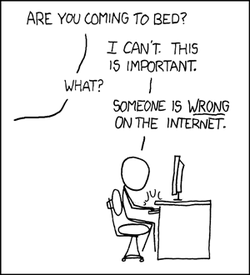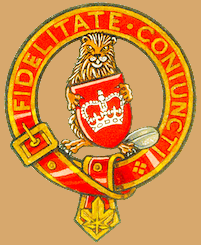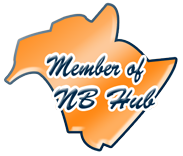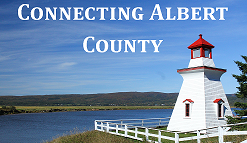 xkcd: Duty Calls
xkcd: Duty Calls Archaic
1.A marked by the characteristics of an earlier period; antiquated: an archaic manner; an archaic notion.
2.A (of a linguistic form) commonly used in an earlier time but rare in present-day usage except to suggest the older time, as in religious rituals or historical novels. Examples: thou; wast; methinks; forsooth.
3.A forming the earliest stage; prior to full development: the archaic period of psychoanalytic research.
4.A (often initial capital letter) pertaining to or designating the style of the fine arts, especially painting and sculpture, developed in Greece from the middle 7th to the early 5th century b.c., chiefly characterized by an increased emphasis on the human figure in action, naturalistic proportions and anatomical structure, simplicity of volumes, forms, or design, and the evolution of a definitive style for the narrative treatment of subject matter.
5.A primitive; ancient; old: an archaic form of animal life.(Dictionary.com)
1.B the representation of an event, person, or thing in a historical context in which it could not have occurred or existed
2.B a person or thing that belongs or seems to belong to another time: she regards the Church as an anachronism
(Dictionary.com)
1.A and 5.A when applied to monarchy have the difficulty of also encapsulating democracy, citizenship, and republicanism as well. All four terms have an ancient pedigree and can be labelled as having "the characteristics of an earlier period". Let's not forget that when barbarians were pouring into the Roman Empire they had at their head elected chieftains. These four terms could each be labelled archaic with good justification.
A more subtle issue with definition 3.A is that it presumes that monarchy is some stepping stone to republic. This line of thinking has some philosophical basis as many philosophers have ordered government types into 'better' or 'worse' categories and even proposed a natural transition between them. But if this is the route republicans want to go they will have to acknowledge that many of the very philosophers they could quote might also be labelled archaic (when they aren't labelling monarchy the best form of government!). It further implies that a republic is the ultimate stage of government; an arrogant claim if ever there was one.
Ultimately these terms are used because the speaker or writer feels they stand on their own as an argument. These terms sound bad and they hope that is enough. If something is old of course you get rid of it? Its the modern way. That old tie? Garbage! That iPod? Time to upgrade! It is a consumerist mindset applied to government. That this type republican tend to disregard whether monarchy works or not (seriously, they rarely consider it) puts them in a category of people who want change for the sake of change. Because change is 'good'. But simply saying something is 'good' or 'bad' is not an argument, its an opinion. And dressing the word 'bad' in whatever fancy negative-sounding term you dig out of the dictionary doesn't make it a better argument.
There are republicans that can make coherent arguments in support of their position. But if the they start off with "The monarchy is archaic/anachronistic and we should therefore ditch it" you are not dealing with that kind of republican. You are dealing with a republican who has an emotional dislike of the monarchy.
Loyally Yours,
A Kisaragi Colour
 RSS Feed
RSS Feed





